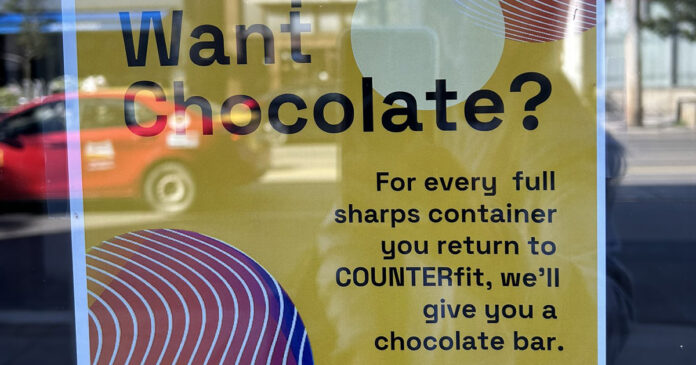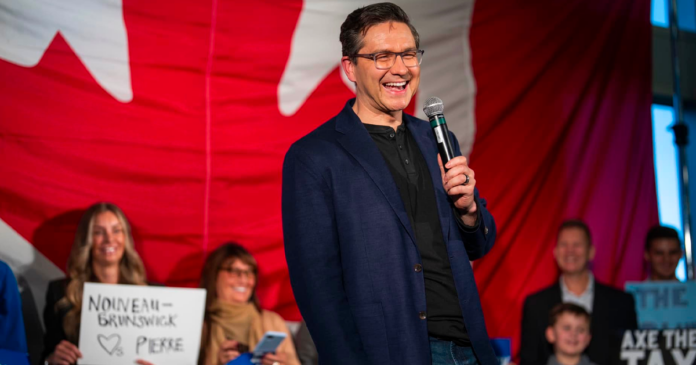Data from Statistics Canada has revealed that the country’s annual inflation rate has shot up to 3.3% in July, compared to the same month last year.
This marks an increase in the pace of growth since June as the Consumer Price Index (CPI) was up from a 2.8% rise.
The rise in CPI was linked to the base-year effect on fuel costs which had previously gone down in July 2022. Outside of fuel costs, the CPI went up 4.1%, a 4% increase since June of this year.
The CPI has increased 0.6% across a monthly basis in July and when adjusted to a seasonal basis, it rose by 0.5%.
Canada’s annual inflation rate is now above the Bank of Canada’s (BoC) target range as the BoC predicted that the CPI would below 3% over the next year before slowly dropping back down to 2%, some time during mid-2025. The most recent forecast from the bank is less optimistic about hitting its targets compared to the predictions they made in January and April of this year.
A survey of economists conducted by Bloomberg had predicted an increase in headline inflation of 3%. However, July’s monthly figure was double what had been predicted.
The year-over-year gain of mortgage interest costs hit a new record, according to Statistics Canada, making them once again the biggest factor in headline inflation. On an annualized basis, gas prices dropped by 12.9% in July.
The latest inflation rate increase has many speculating yet another interest rate hike by the BoC.
In July, Canada’s central bank raised interest rates by the highest level since 2001, raising their benchmark interest rate by 25 basis points or 5%. Only a year and a half ago, the overnight rate was 0.25%.
On Sept. 6, the Bank of Canada will make their decision on the next interest rate raise.
A recent Bank of Montreal (BMO) report has stated that the Trudeau government’s unprecedented spending is driving the BoC’s interest rate hikes.
A BMO Capital Markets’ memo claims that the federal government’s record spending in the form of temporary Covid-19 pandemic benefits and social programs is driving up price inflation.
New Treasury Board President Anita Anand has given cabinet ministers a deadline of October 2 to cut $15 billion from existing spending plans.



























